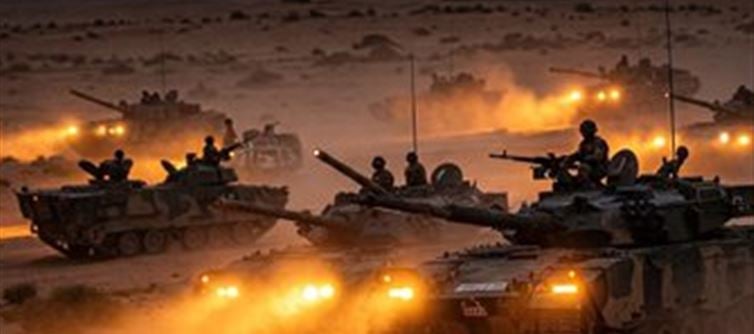
The recent remarks by Pakistan's Defence Minister, Khawaja Asif, regarding the potential for military action against india, provide a nuanced perspective on the country's stance in the ongoing regional tensions. Asif’s statement reveals a clear intention to avoid conflict, framing pakistan as the reluctant party in any escalation with India. However, an honest assessment of the tone and content of his words reveals a deeper layer—one of defensiveness rather than aggression.
Asif's statement unequivocally denies any intent to initiate military action. The core of his message is centered on self-defense: "We do not have any intentions of initiating any action, but if there is an action [from India], then there will be a reaction, and the reaction will match the action." This indicates that Pakistan's military stance is reactive, not proactive. While this may be seen as an effort to calm international concerns and present pakistan as a responsible nuclear power, it inadvertently exposes a vulnerability in Pakistan's military posture. The Minister’s words essentially reinforce the notion that pakistan is primarily responding to external threats rather than asserting its own agenda or security interests. This reactive stance suggests a defensive outlook, possibly underlining Pakistan's reluctance to engage in a full-scale confrontation with India.
However, it is crucial to examine the context in which this statement is made. By stressing that "the world should be concerned about tensions" and that the risk of nuclear escalation is a genuine threat, Asif raises alarm, but his assertion that "things will not go that far" speaks to a calculated effort to de-escalate tensions. Here, Asif seems to acknowledge the catastrophic potential of a conflict but also subtly reassures the international community that his government does not want to escalate matters to the point of nuclear warfare.
The tone of the speaker, when assessed from a journalist’s perspective, is neither one of cowardice nor aggression. It reflects a strategic calculation—one of restraint and diplomacy mixed with a veiled acknowledgment of the difficult position pakistan finds itself in. By refraining from any outright threats, Asif places emphasis on Pakistan’s self-preservation rather than posturing for strength. There is a sense of caution, a recognition of Pakistan’s limited options in a regional standoff with a larger nuclear power like India.
Critics might argue that such statements reflect a lack of confidence, portraying pakistan as being in a position of weakness. However, others may contend that Asif’s words are a rational approach to avoid reckless escalation, given the volatile history between india and Pakistan. The absence of aggressive rhetoric in his statements suggests that pakistan is cautious of inflaming the situation further.
In conclusion, the Defence Minister’s statement, though carefully worded to avoid provoking india, cannot be read as cowardice. Instead, it underscores the reality of Pakistan’s defense strategy: defensive, cautious, and wary of the high stakes in any confrontation with India. The international community, particularly india, must continue to carefully monitor the situation, but Asif’s comments indicate that, for now, pakistan is prioritizing restraint over confrontation.




 click and follow Indiaherald WhatsApp channel
click and follow Indiaherald WhatsApp channel